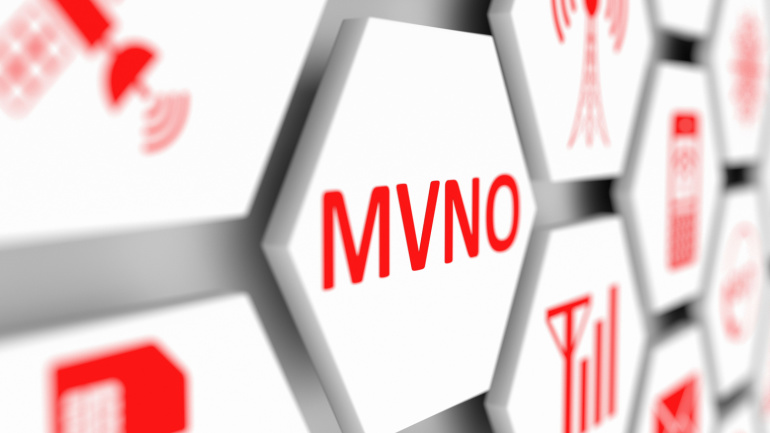Google’s Pixel 8 promises a remarkable seven years of updates, outdoing Samsung. The Pixel 8 Pro boasts advanced computational photography and an FDA-approved body temperature sensor. Microsoft introduces a faster, sleeker Teams app with AI-powered Copilot. Truecaller strengthens fraud detection with Unoideo Technologies acquisition. Snom Americas collaborates with Zoom to enhance the reseller channel with the Snom M500 DECT phone system, offering wireless mobility and crystal-clear audio.
The recent rebranding of Hyperoptic signals a transformative shift towards customer-centered service. Offering an enticing alternative to rivals grappling with unsatisfactory service, opaque pricing, and unreliable connectivity, Hyperoptic aims to shine in the realm of customer experience. Their radical expansion across the UK, encompassing over 1.4 million homes, while maintaining stellar service is an undeniably ambitious move. Yet, they strive to connect even more customers, emboldened by a substantial investment by KKR.
The European Commission is urging member states to conduct shared risk assessments in key tech realms including advanced semiconductors, AI, quantum tech, and biotech. Amidst the cloud of geopolitical tech skirmishes, EU stands poised to protect sensitive technologies and is resolved not to preemptively decide on any corrective measures. Only time will reveal the Commission’s next steps after risk assessments.
Wales’s leading alternative telecoms provider – Ogi – has revealed plans to bring full fibre connectivity to Tenby, one of Pembrokeshire’s most iconic seaside towns. Tenby is the latest of over 60 communities across south Wales to benefit from Ogi’s privately backed broadband rollout launched in 2021. Once work to connect around 5,000 premises in the town is complete, Ogi will be the leading alternative choice in much of west Wales.
As Vocus’ exclusive negotiation period with TPG Telecom for the proposed fiber business acquisition concludes, talks remain in motion. Delays in due diligence hint at finance-related stumbling blocks, though TPG stays open to other potential bargains, igniting a scenario of anticipation and suspense within the telecom domain.
Generative AI’s capacity to curate fresh content is piquing interest within the telecommunications domain with predictions of significant growth. A recent Altman Solon survey revealed that nearly half of the experts in this field are gearing towards adopting this technology within the forthcoming two years. Telecommunications companies are seen to utilize AI power initially to refine customer experiences. Alterations of these AI models to align with specific objectives and eventually, creating new industry-focused models are the subsequent phases. However, data protection concerns circulate around its adoption. Thus, an intricate balance must be reached in refining AI applications and ensuring data safety.
Summoning a significant tide in the telecommunications sector, 20 notable European telco CEOS, under the GSMA, urge EU policymakers for a comprehensive revamp of the present regulatory environment. They key point is the mounting need for major tech corporations to contribute to telco infrastructure costs in the midst of a data traffic surge. However, critics argue such proposal infringes upon net neutrality principles and imposes a dual-end payments system.
The recent signal disruptions experienced by Sky Mobile users in the UK have been linked to the government-mandated removal of Huawei equipment from the network, fuelling concerns over national security. Network operators have voiced scepticism, predicting significant disruption, increased expenses, and potential delay in the rollout of 5G infrastructure. Sky Mobile, however, assures compliance with the directive and minimal impact on their customers.
T-Mobile’s innovative union with Fliggs Mobile introduces an exclusive, completely digital Web 3 Mobile Virtual Network Operator that’s leading the path toward mass adoption of Web 3. This unique collaboration utilizes Fliggs Mobile’s innovative mobile app, complete with a non-custodial wallet, to provide users with access to Web3 and FinTech services, including cryptocurrency management. As this future-focused mobile service prepares for its official debut in 2024, it promises to attract not only technophiles but also the broader consumer base with its potential for simplifying and democratizing leading tech.
CNAM, or Caller Name Delivery, goes beyond Caller ID by revealing the caller’s name associated with their phone number. It enhances call identification, trustworthiness, and streamlines communication. Users can quickly recognize callers and identify potential spam calls, making it invaluable in various communication platforms. Check with your service provider to embrace CNAM’s power.













